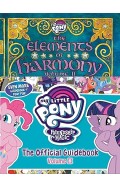The Journals of Sylvia Plath
By: Sylvia Plath
-
Rs 4,495.50
- Rs 4,995.00
- 10%
You save Rs 499.50.
Due to constant currency fluctuation, prices are subject to change with or without notice.
The Journals of Sylvia Plath offers an intimate portrait of the author of the extraordinary poems for which Plath is so widely loved, but it is also characterized by a prose of vigorous immediacy which places it alongside The Bell Jar as a work of literature. These exact and complete transcriptions of the journals kept by Plath for the last twelve years of her life - covering her marriage to Ted Hughes and her struggle with depression - are a key source for the poems which make up her collections Ariel and The Colossus.
'Everything that passes before her eyes travels down from brain to pen with shattering clarity - 1950s New England, pre-co-ed Cambridge, pre-mass tourism Benidorm, where she and Hughes honeymooned, the birth of her son Nicholas in Devon in 1962. These and other passages are so graphic that you look up from the page surprised to find yourself back in the here and now . . . The struggle of self with self makes the Journals compelling and unique.' John Carey, Sunday Times
The Journals of Sylvia Plath offers an intimate portrait of the author of the extraordinary poems for which Plath is so widely loved, but it is also characterized by a prose of vigorous immediacy which places it alongside The Bell Jar as a work of literature. These exact and complete transcriptions of the journals kept by Plath for the last twelve years of her life - covering her marriage to Ted Hughes and her struggle with depression - are a key source for the poems which make up her collections Ariel and The Colossus.
'Everything that passes before her eyes travels down from brain to pen with shattering clarity - 1950s New England, pre-co-ed Cambridge, pre-mass tourism Benidorm, where she and Hughes honeymooned, the birth of her son Nicholas in Devon in 1962. These and other passages are so graphic that you look up from the page surprised to find yourself back in the here and now . . . The struggle of self with self makes the Journals compelling and unique.' John Carey, Sunday Times
The Unabridged Journals of Sylvia Plath
By: Sylvia Plath
Rs 4,225.50 Rs 4,695.00 Ex Tax :Rs 4,225.50
The Bell Jar (50th Anniversary Edition)
By: Sylvia Plath
Rs 2,245.50 Rs 2,495.00 Ex Tax :Rs 2,245.50
The It Doesnt Matter Suit and Other Stories
By: Sylvia Plath
Rs 1,610.75 Rs 1,895.00 Ex Tax :Rs 1,610.75
Mary Ventura and the Ninth Kingdom: Faber Stories
By: Sylvia Plath
Rs 590.75 Rs 695.00 Ex Tax :Rs 590.75
Sylvia Plath Poems Chosen by Carol Ann Duffy
By: Sylvia Plath
Rs 2,515.50 Rs 2,795.00 Ex Tax :Rs 2,515.50
Zubin Mehta: A Musical Journey (An Authorized Biography)
By: VOID - Bakhtiar K. Dadabhoy
Rs 892.50 Rs 1,050.00 Ex Tax :Rs 892.50
Manning Up: How the Rise of Women Has Turned Men into Boys
By: Kay Hymowitz
Rs 845.75 Rs 995.00 Ex Tax :Rs 845.75
The Perfect Gentleman: A Muslim Boy Meets the West - [HB]
By: Imran Ahmad
Rs 1,447.50 Rs 2,895.00 Ex Tax :Rs 1,447.50
My Little Pony: The Elements of Harmony Vol. II
By: Brandon T. Snider
Rs 2,120.75 Rs 2,495.00 Ex Tax :Rs 2,120.75
Zubin Mehta: A Musical Journey (An Authorized Biography)
By: VOID - Bakhtiar K. Dadabhoy
Rs 892.50 Rs 1,050.00 Ex Tax :Rs 892.50
The Unabridged Journals of Sylvia Plath
By: Sylvia Plath
Rs 4,225.50 Rs 4,695.00 Ex Tax :Rs 4,225.50
The Bell Jar (50th Anniversary Edition)
By: Sylvia Plath
Rs 2,245.50 Rs 2,495.00 Ex Tax :Rs 2,245.50
The It Doesnt Matter Suit and Other Stories
By: Sylvia Plath
Rs 1,610.75 Rs 1,895.00 Ex Tax :Rs 1,610.75
Mary Ventura and the Ninth Kingdom: Faber Stories
By: Sylvia Plath
Rs 590.75 Rs 695.00 Ex Tax :Rs 590.75
Sylvia Plath Poems Chosen by Carol Ann Duffy
By: Sylvia Plath
Rs 2,515.50 Rs 2,795.00 Ex Tax :Rs 2,515.50












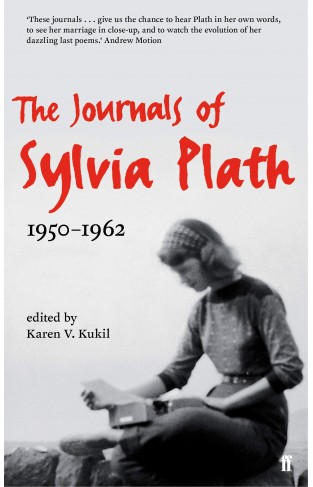
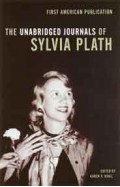
-Paperback-120x187.jpg?q6)
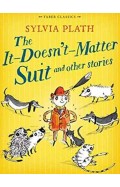
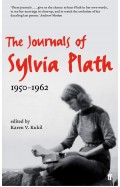
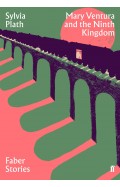
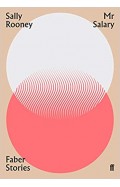
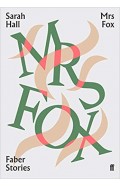
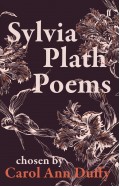
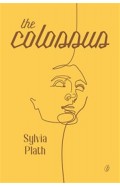
-120x187.jpg?q6)





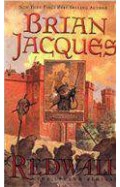
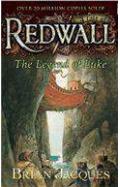
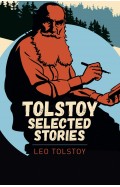
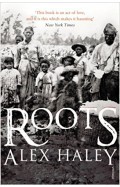



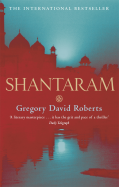
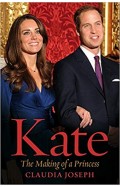
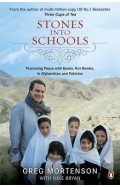
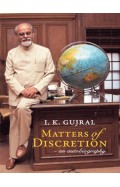
![The Perfect Gentleman: A Muslim Boy Meets the West - [HB]](https://www.libertybooks.com/image/cache/catalog/the-perfect-gentleman-a-muslim-boy-meets-the-west-[hb]-9781455508495-120x187.jpg?q6)



